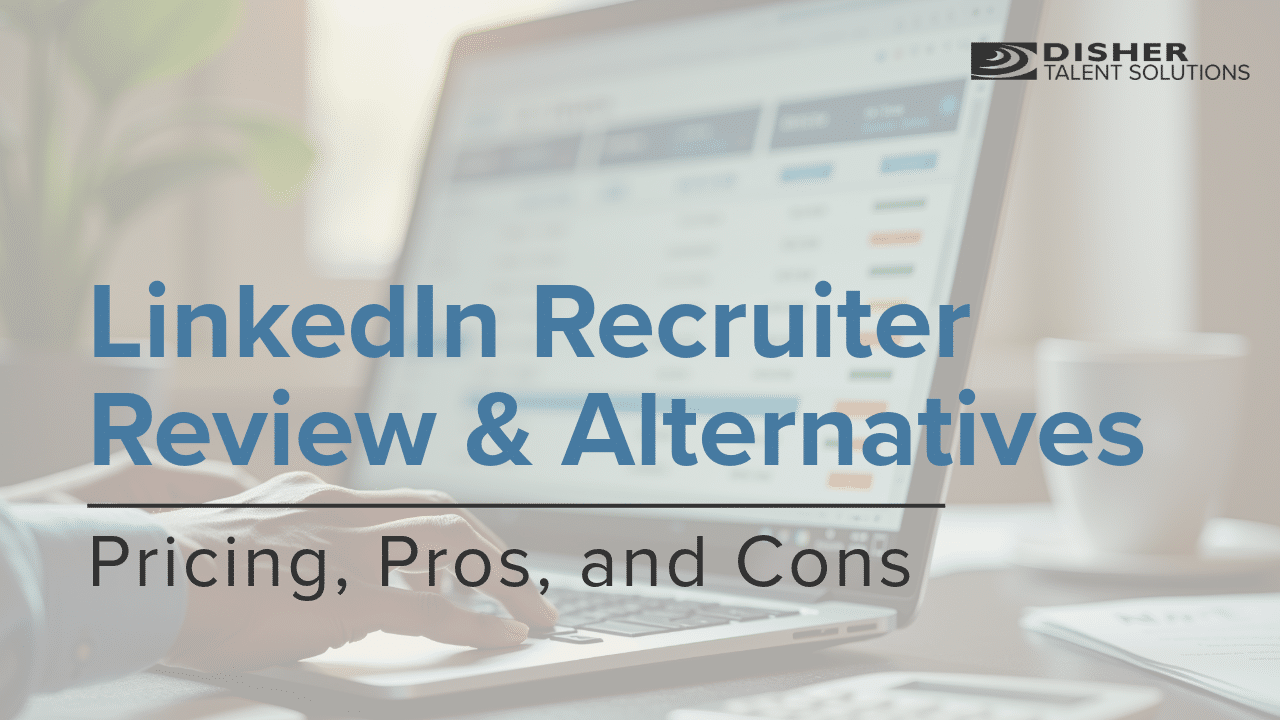The Biggest Interviewing Mistakes Hiring Managers Make (and How to Fix Them)
October 14, 2025

Interviews can make or break your team—nail them and you’ll hire people who lift everyone up; miss and you’ll feel the drag for months. They’re the moment where expectations, values, and real performance potential collide, and tiny misreads here ripple through execution, culture, and retention. This blog spotlights the most common failure points, why they show up, and how to fix them fast.
Biggest Mistakes:
- Undefined competencies and outcomes
- Talking too much in interviews
- Inconsistent interview questions
- Not digging deep enough
- Flawed debriefs and groupthink
Undefined Competencies and Outcomes
Hiring without clearly defined non-negotiables allows hiring to get off track quickly, and interviews can miss the mark on evaluating what is most important. One interviewer prioritizes what they define as a priority, while another has a completely different idea. You end up debating vibes instead of evidence, and strong candidates slip through because the criteria weren’t aligned.
Here are a few ways to fix it:
- Define 3–5 non-negotiable competencies tied to the role.
- Write out what the expectation is for 90-days, 6-months, and 1-year so the interviewers know what “success” looks like.
- Share these expectations with every interviewer to ensure alignment before each interview begins.
Talking too much in interviews
Overselling early or filling silences in conversation feels good, but it doesn’t allow for true evaluation. When the interviewer talks for most of the interview, you learn little and risk leading the candidate to the “right” answer.
Here are a few ways to fix it:
- Target a 70/30 talk ratio in favor of the candidate.
- Come prepared with questions and ask just one question at a time.
- Take brief notes, then pause—silence often surfaces better details.
- Save the “selling” for the last 5 minutes and tailor it to what the candidate values.
Inconsistent interview questions
Freestyle interviews produce noise and bias. Different candidates get different questions, and you can’t fairly compare results. It takes a little prep work and coordination up front with the interview team, but these tips will help provide a more consistent experience for candidates and provide a clearer comparison between candidates.
Here are a few ways to fix it:
- Use a consistent set of behavioral and situational questions per competency.
- Ask all candidates the same core questions in the same order.
Shallow answers
Surface-level stories don’t predict performance. Without digging deeper, you reward good storytellers over solid performers.
Here are a few ways to fix it:
- Use the STAR format to gain a deeper understanding of an experience.
- Situation – describe the context
- Task – explain the specific goal or challenge
- Action – detail specific steps taken to address the challenge
- Result – share the outcome of actions
- Ask for the candidate’s unique contribution versus team effort.
Flawed debriefs and groupthink
Debrief post-interviews have a significant impact on hiring. Doing this as a group often rewards the loudest voice. When conversations stay surface level, teams default to “I liked them,” which isn’t predictive or fair.
Here are a few ways to fix it:
- Collect independent scores and written evidence before discussion.
- Start the debrief with the non-negotiables and walk through each competency.
- Use a facilitator to keep it tight, challenge bias, and close with a clear decision.
What’s next? Level up your interviews with DISHER Talent
Interviews don’t have to be a gamble. With clear expectations, focused conversations, and impartial debriefs, you’ll hire stronger, faster, and more fairly. If you want hands-on help, reach out to DISHER Talent Solutions to level up your hiring – and join our free November 13th webinar, “Hire & Get Hired,” to sharpen your interviewing skills.





